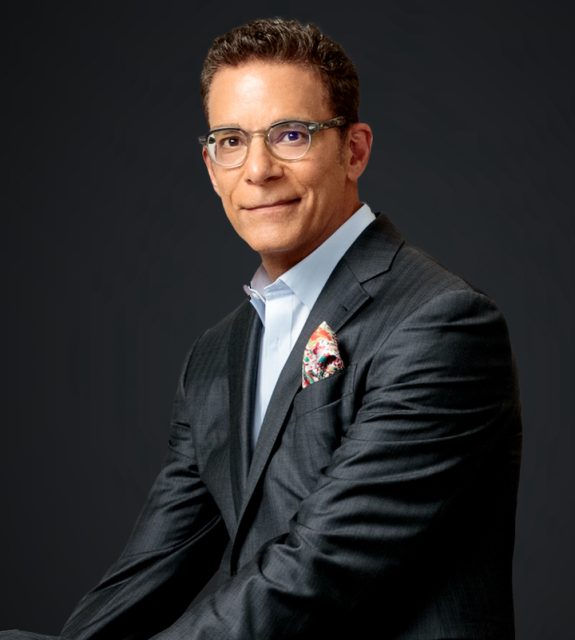Choosing to undergo plastic surgery is a significant decision that requires careful consideration. One of the most important aspects of this process is selecting the right surgeon. However, with the increasing number of practitioners and clinics available, it can be difficult to know what to look out for. Here are some key red flags to avoid when choosing a plastic surgeon, ensuring you’re in the safest and most experienced hands.
 Photo Credit: Courtesy of Rovsky/Shutterstock
Photo Credit: Courtesy of Rovsky/Shutterstock
Common Red Flags to Avoid When Choosing a Plastic Surgeon
- Lack of Board Certification
A critical factor in choosing a plastic surgeon is verifying their board certification. Make sure your surgeon is certified by a recognized board, such as the American Board of Plastic Surgery (ABPS). Unfortunately, some doctors claim to be "cosmetic surgeons" without proper training in plastic surgery, often presenting false board certifications that are not recognized by the American Board of Medical Specialties (ABMS). You can verify their credentials through ABMS. Lack of certification could be a warning that the surgeon is not properly trained. - No Hospital Privileges
Even if your surgery is taking place in a private clinic, your surgeon should have privileges at accredited hospitals. This ensures they have access to necessary facilities and can admit you for care should any emergencies arise. - Poor or No Reviews
Reviews can offer valuable insight into the experience and satisfaction of previous patients. If a surgeon has poor or no reviews, it may be a sign of inexperience or poor patient outcomes. On the flip side, a surgeon with a perfect track record and an unusually high number of positive reviews might also be suspicious, as it could indicate manipulated feedback. - Pressure to Commit to Surgery
A reputable surgeon should encourage you to take your time in making a well-informed decision. If you feel pressured by the surgeon or their staff to commit immediately, that’s a major red flag. The decision to undergo surgery should come from a thoughtful consultation, not rushed sales tactics. - Overpromising Results
No surgeon can guarantee perfect results. If your surgeon makes promises that sound too good to be true, such as guaranteeing "flawless" outcomes or minimizing risks unrealistically, it’s best to be cautious. - Lack of a Personalized Treatment Plan
Every patient is unique, and so should their treatment plan. A "one-size-fits-all" approach indicates a lack of attention to individual patient needs and can compromise results. - Insufficient Follow-Up Care
Post-operative care is crucial for your recovery and achieving the best results. If a surgeon only offers minimal follow-up care, this might indicate that they are more interested in performing the surgery than in your long-term well-being.
The Dangers of Choosing Based on Price
When it comes to plastic surgery, the saying "It’s expensive to be cheap" holds true. Opting for a surgeon or clinic-based primarily on price can pose several risks, including:
- Compromised Quality of Care: Surgeons who offer lower prices might cut corners in ways that impact your safety, like using substandard equipment or facilities.
- Increased Risk of Complications: Discounted surgeries often mean lower quality, which can result in post-surgical complications.
- Poor Aesthetic Results: Inexperienced or low-cost surgeons may lack the skill to achieve the results you desire, leaving you dissatisfied and potentially needing corrective surgery.
While the allure of saving money is tempting, it's essential to prioritize the quality of your surgeon and their credentials over cost. It’s better to save up and invest in a highly skilled surgeon than risk your health or appearance by opting for a bargain.
View this post on Instagram
The Importance of Board Certification
Board certification is non-negotiable when selecting a plastic surgeon. It ensures that the surgeon has completed the necessary training, passed rigorous exams, and adheres to high safety and ethical standards. Surgeons who aren’t certified may not have the qualifications or expertise to perform the procedure safely, leading to increased risks, including:
- Higher Likelihood of Complications: Non-certified surgeons may lack the medical background to handle potential complications during surgery.
- Inconsistent Aesthetic Outcomes: You might not achieve the results you’re looking for, or worse, need corrective surgery.
Certification ensures that your surgeon is well-equipped to handle both the procedure and your overall safety.
How to Spot Surgeons Who Push Unnecessary Procedures
A good surgeon will work with you to achieve the best results, but some may push unnecessary procedures or upsell additional treatments. Here’s how to tell if you’re being pressured:
- Rushed Decision-Making: If you feel hurried or pressured into making a decision, it’s a sign the surgeon is more focused on profit than your well-being.
- Suggestions for Unrelated Procedures: Be wary if the surgeon recommends additional treatments that are not aligned with your goals.
- Expensive Add-Ons: Some surgeons might push costly non-surgical treatments alongside your surgery, which can feel like an upsell rather than a necessity.
- Poor Post-Consultation Experience: If the after-consultation care feels like a sales pitch rather than a medical discussion, it’s time to reconsider.
Choosing the right plastic surgeon requires careful research and attention to detail. By watching out for these red flags, you can make a more informed decision and ensure your safety, well-being, and satisfaction with your surgical experience.
For expert advice and safe, personalized care, reach out to Haute Beauty Ambassador Dr. Sachin Shridharani of LUXURGERY.
For more information, visit Sachin Shridharani, MD, FACS's social media:





















